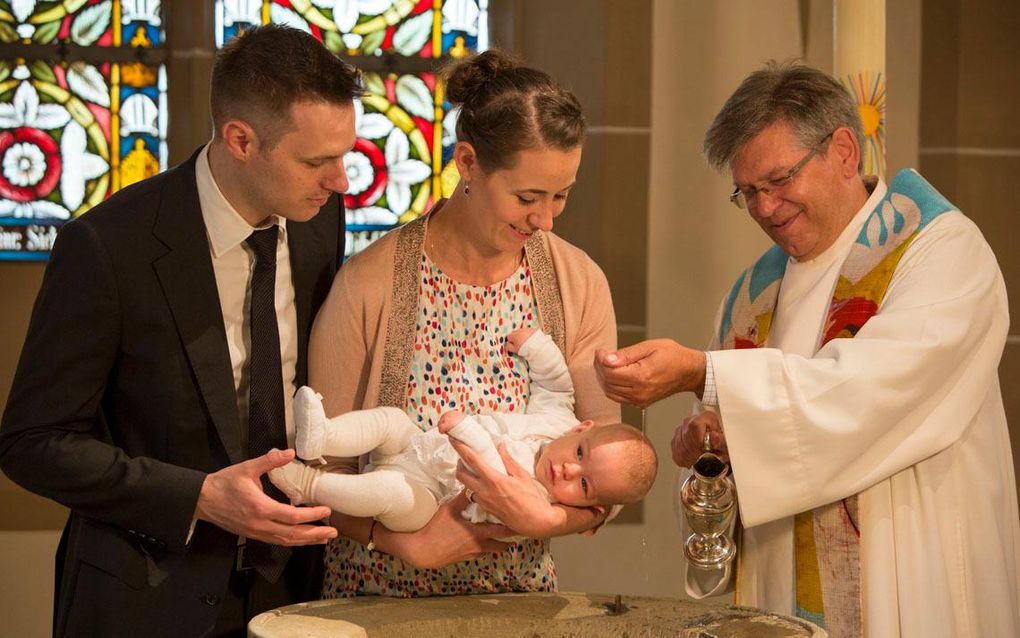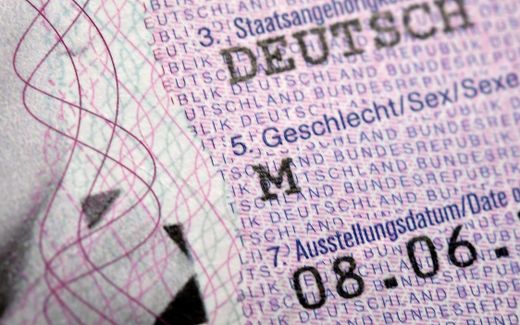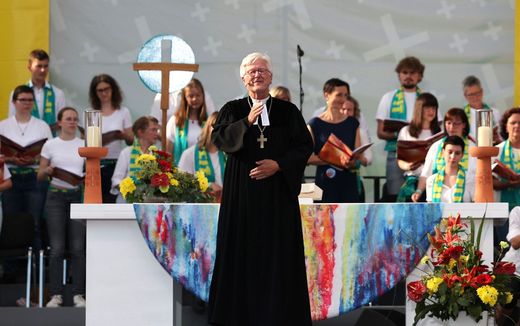German Catholic Church will not change a name in the baptismal register after gender change

A Roman Catholic clergyman baptising a baby. Photo Bistum Mainz
Central Europe
Germany is working on legislation to make legal gender change nothing more than a request at the registry office. However, the Roman Catholic Church says it will not change the entry in the baptismal registers if someone decides to gender reassignment and name change.
The gender bill is about the civil registry, not about the register of the Church, says Prof Dr Matthias Pulte to Domradio. Pulte is a canon lawyer from Mainz. "Due to the right of self-determination of religious communities, the Church is not directly affected by the law because the baptismal register belongs to the autonomous regulatory area of the Church", he points out. Vice versa, the entries in the church register have no civil implications and do not explicitly mention gender. It contains the baptismal name of the person and his descent, so people could see it as problematic if they change their name in accordance with their 'new' gender.
In addition, changes in the baptismal registers are forbidden by the church's canonical law, says Pulte. "The Congregation for the Doctrine of the Fath declared in 2002 that the name once entered int he baptismal register may not be changed, even after a gender reassignment. This is a disciplinary standard that must be observed." The possible tension between state and church law in Germany could only be resolved if Rome changed the laws of the Church, Pulte believes. However, he does not think that will happen anytime soon.
Binary
Will women be able to serve in an office –only reserved for men– if they change their gender? According to Pulte, this is not the case. "The Catholic Church follows its previous, traditional sex doctrine. A civil law change of the social gender does not change anything about the chromosomally mostly binary-determined biological sex. So far, this has been decisive for admission to receive the sacrament of Holy Orders", he tells Domradio. In short, the gender at the time of baptism is decisive, and someone born as a woman cannot be ordained, even after sex reassignment.
If a person, born as a man, undergoes sex reassignment, he cannot be ordained either, Pulte states. However, this has nothing to do with his gender. Changing your gender violates the Church doctrine, and thus, a person could be sanctioned by the canon law so that he is no longer eligible for ordination.
Loophole
Also, the sacrament of marriage remains only available to one man and one woman, who both did not undergo gender change.
The only loophole in the Church Law is that it cannot be applied to people who underwent gender change before they were baptised. When two people get married, they only have to show the baptismal certificate, which shows their name at the time of baptism, not their name at birth. In theory, the transgender bill could make gender change for very young children possible because until a child is fourteen, its parents can change its gender without its consent.
Related Articles








